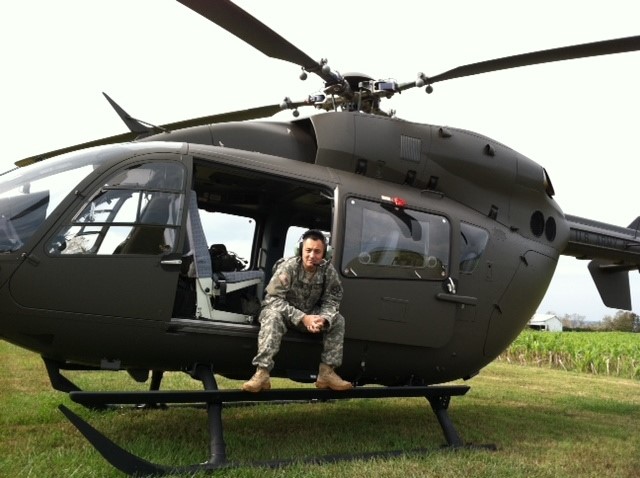If you ask Will Chambers, deep learning technologies are the linchpin that will change the way Northrop Grumman’s customers process data into actionable information.
“If you have enough data, these algorithms will outperform most state-of-the-art approaches,” says Chambers, a Northrop Grumman research and development engineer. “And that’s tremendously important for automating various capabilities for warfighters and intel analysts, allowing them to focus on the mission at hand rather than processing data.”

These algorithms provide real-time situational awareness and multi-source data fusion, distilling data into actionable information for warfighters. “There are many applications for deep learning and artificial intelligence coming in the next five to 10 years,” says Chambers.
Deep Learning Technologies in Action
Fighter jets operating in airspace with both allies and adversaries need to quickly identify whether the aircraft hurtling toward them at Mach One is a friend or foe. A deep learning network could help pilots identify other aircraft and enable them to make decisions quickly and correctly.
Northrop Grumman is already using deep networks in products, primarily in simpler, niche tasks. The technology is in its relative infancy, and is developing at an exponential rate. “In a real-world operational setting, if you want a robot to make decisions based on what it sees, deep networks aren’t quite ready,” says Chambers.
However, recent advances are very encouraging. DeepMind, Google’s artificial intelligence group, developed AlphaGo, which in 2016 succeeded in beating champion Go players at their own game. “And Go is one of the most complex games out there,” Chambers said. “While deep learning can’t emulate human intelligence, it still excels in niche applications.”
Where is all this learning about deep learning taking place? The Autonomous Intelligence and Robotics (AIR) lab in Aurora, Colorado, has about a dozen employees (including subject matter expert Chambers) focusing on these technologies under the direction of program manager Charlie Parkinson. Other researchers in Data Analytics and Cognitive Autonomy groups are working on a variety of applications ranging from image processing to automated ontology learning.
Coming to a Program Near You
Because deep learning technologies are a growth area for Northrop Grumman, the future of research in this area looks bright.
The Data Analytics and Cognitive Autonomy group won a DARPA program for robotics swarm applications, and the AIR lab is supporting the robotics element of the contract (DARPA is the Defense Advanced Research Projects Agency, the central R&D organization for the Department of Defense).
“I’ve seen over the last several years that it’s being taken more seriously, with more investment,” says Chambers. “There are a lot of science and technology organizations coming out with solicitations calling for this capability.”
Are you interested in deep learning and artificial intelligence? Check out Northrop Grumman jobs in the exciting areas of deep learning, machine learning, and artificial intelligence.
Return to Life at Northrop Grumman home page.








